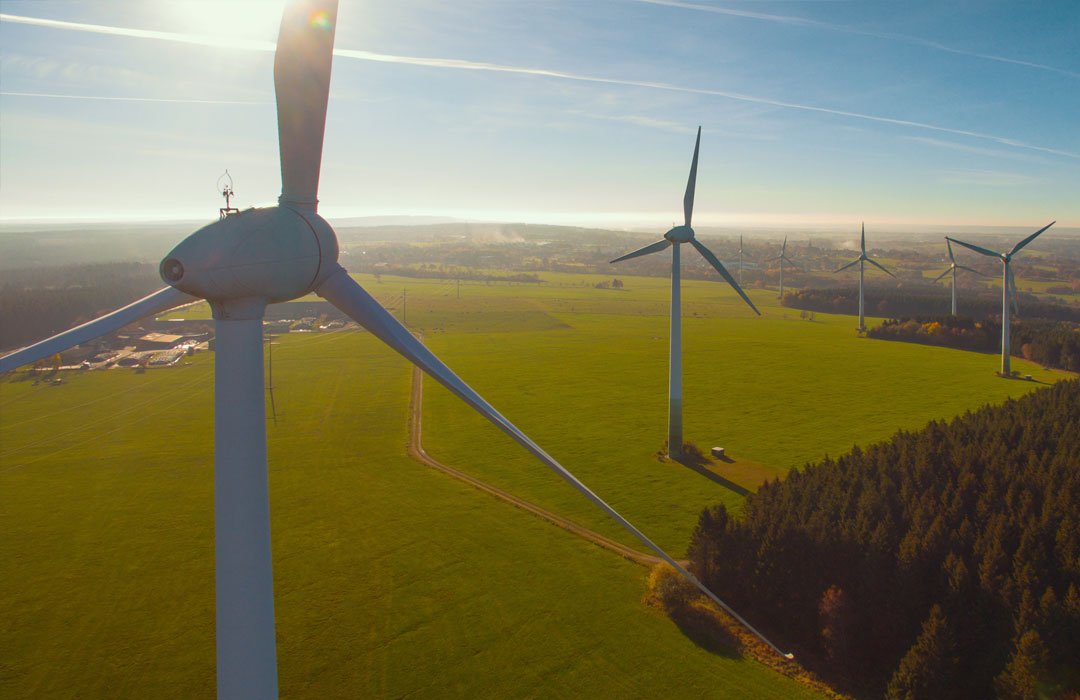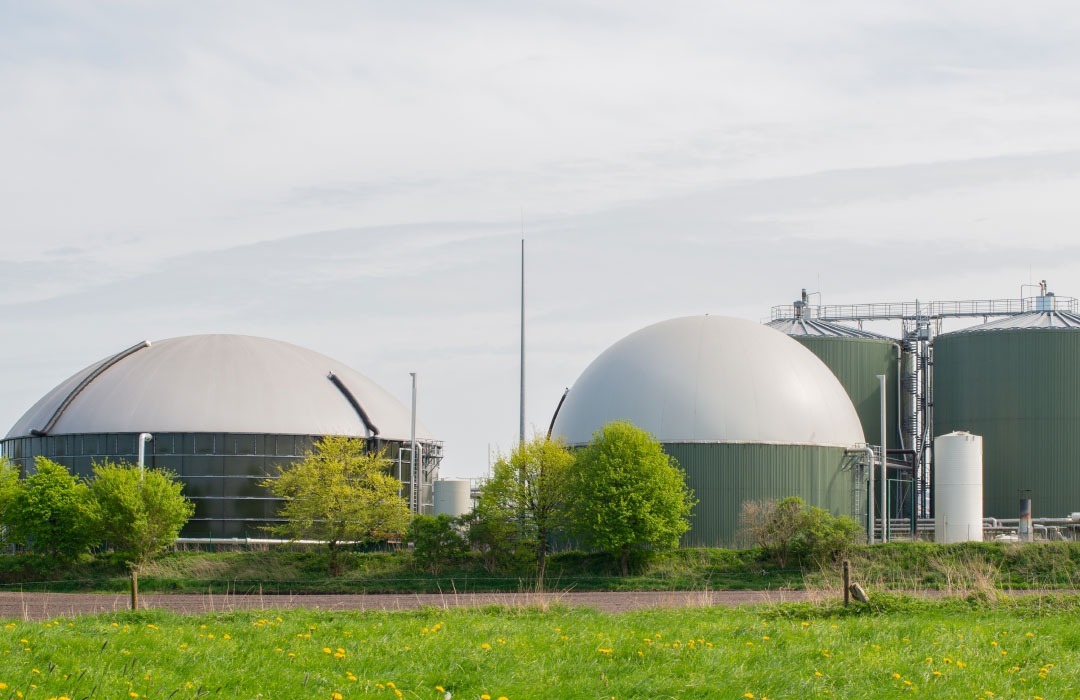Transition to renewables: how fast is fast?
The world’s move to renewable energy is part of global changes and strategic alliances. In our modern world, reasonably priced energy is key to living a decent lifestyle and, therefore, having political stability.
For Australia, we need to transition our economy away from the use of fossil fuels, but hopefully not as rapidly as proposed by the Germans. The demand for Australia’s exports of coal, oil, and gas will diminish with time, and Australia’s leaders may choose to exit this earlier. Australia will need a replacement revenue stream. What is pioneered with the Germans can be reproduced with markets such as Japan, China, and Singapore.
This story may open a new chapter in the lives of Germany, Australia, and the planet.
For the clients of Projects RH, it offers numerous opportunities. We are excited about the chance to work with them.
Why Australia
Australia is a modern Westminster-style democracy and sees itself as a member of the Western alliance based on shared values and centered around the USA.
Australia, a large island continent (7.69 million square kilometers) with a small population of 27 million, is a technologically advanced society with a long history of paying its way through exports of agriculture, minerals, energy, and education.
The country also has vast land areas that can be utilized to collect solar energy for the production of green hydrogen.
Why Germany
Germany is an ultra-modern, industry-based economy located in the heart of Europe and strategic to the Western alliance. It has long been dependent on imported energy, with much of that dependency on Russia in recent years. This relationship has proven costly, with the cost not just being financial. Germany is committed to de-carbonizing its economy.
Germany is a relatively small nation (0.36 million km2) with a population of 84 million. Its industry requires a significant amount of energy, as it is the largest economy in Europe and a major energy user. German politics have demonstrated a strong commitment towards environmentalism, despite the associated costs. The country has learned from its reliance on Russian natural gas and is actively transitioning away from fossil fuels and nuclear power. Germany aims to achieve net zero carbon emissions by 2045 and considers ammonia, methanol, and clean energy technologies (such as e-cells) as key components of its sustainable future.
Germany is at the forefront of the movement to a carbon emission-free energy sector. It has survived the cutoff of Russian natural gas, closed its last three nuclear reactors, and will end the use of coal for energy in 2038. Electrification is Germany’s key to decarbonization, meaning they need a non-fossil fuel as their source of electricity. However, it’s unlikely to come from solar due to the climate.
A long distance match
Excellent diplomatic relations exist between Australia and Germany, with historical contacts and shared values of democracy and human rights. There are substantial commercial links that have been strengthened over recent decades. As part of a strategic partnership concluded in 2013, both nations are also increasingly cooperating on security policy issues. This was made clear by Germany’s participation in Australia’s premier war games, Talisman Sabre. Germany was also present in key discussions on military technology, which included the USA, Canada, UK, France, and Japan, and there is a clear high regard for Germany by Australia.
What is the logic
Australia and Germany may have much more in common than most Australians and Germans would quickly be able to state. Furthermore, Germany would provide a sound market for renewable energy. Based on Germany’s recent experience, neither Australia nor Germany should see this as an exclusive relationship. Instead, it should be seen as pioneering the technology, its application, and setting a benchmark for costs.
One downside is that the ships will return empty, but such is the fate of LNG and coal ships. The boats will need super-low operating costs if they are to transit the 26,000 km journey.
There are approximately 26,000 Australians living in Germany, and more than 108,000 Germans living in Australia, with over 1,000,000 Australians claiming German ancestry.
Overcoming the freight cost
The reality is that, given the same base technology, some hydrogen can be delivered by pipeline from the Middle East, North Africa, and southern Europe at about €1 per kilo, as opposed to €2 to 5 from Australia due to the cost of conversion to a liquid, transport, and regasification. It will also require political support. It is widely believed that political support will be found as German politicians want to not only show their green credentials but also demonstrate support for the long-term stability of the economy as it transitions to an electrified world.
No doubt there will need to be considerable government-to-government reassurance to support the investments made by the people of Germany and Australia in the process. There are precedents for this, including the first LNG shipments from Australia to Japan. In the case of this initiative, no doubt it will receive government support from the USD 233 billion Climate and Transformation Fund of Germany and Australia’s Northern Australia Infrastructure Facility.
Building the early hydrogen business together
Our environment is a very politically sensitive issue in most of the developed world. Germany has learned the importance of getting long term stable energy supplies. Australia can produce the energy input material Germany needs. Germany recognizes that Australia is stable and part of the club of responsible and stable nations with capacity to export long term part of its energy mix, however, and perhaps both Australia and Germany see the logic of building the early hydrogen industry together.
The story is not completed but it has a great prognosis.
By Paul Raftery, CEO, Projects RH. If you have any question or comments, I can be contacted on +61 418 486 015 or paul.raftery@projectsrh.com
——————-
Source: MacDonald-Smith, A.; “Inside Germany’s bid to create a hydrogen market”, The Australian Financial Review 25-28 January, 2024.




